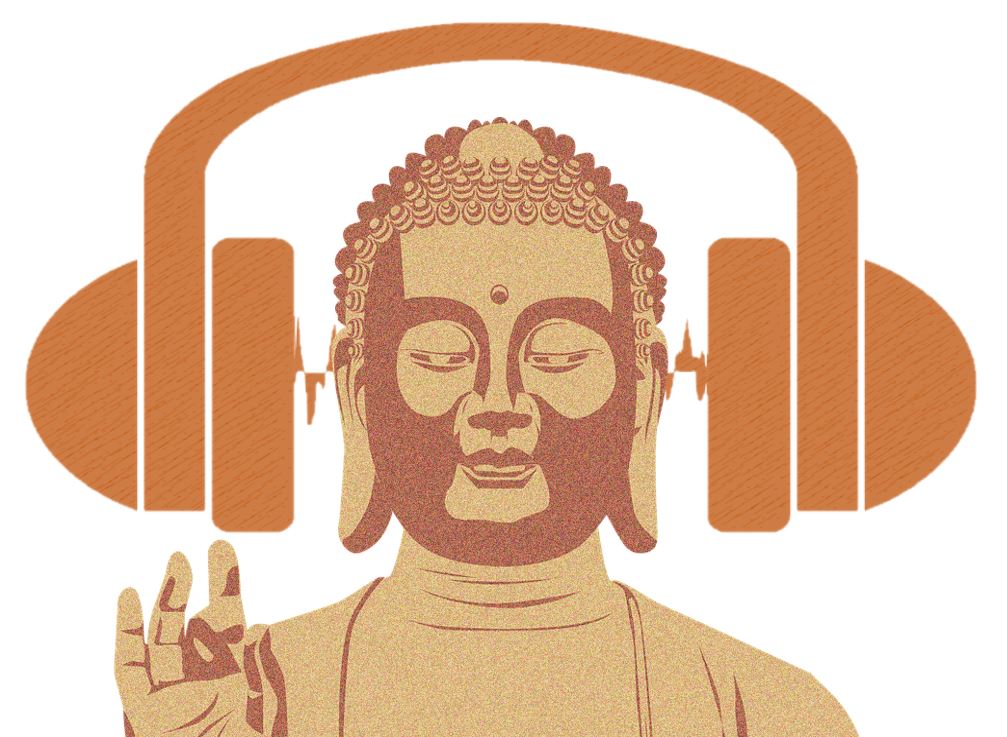
Buddhism encourages us to realize that things are frequently not as they first appear. In many cases, the true nature of something is the reverse of what we initially think: what we want and believe is helpful, harms us in the long run; what we don’t want is what we most need; what seems to be a risk is an opportunity.
Disappointment falls into this category. Although we would prefer not to experience it, disappointment is a pre-condition to real development in practice and a more open, inclusive, kind life.
This evening will explore the nature of disappointment and the important role it plays in spiritual practice. What is it? How can we welcome it into our lives? How can we relate to it as a practice, rather than as something unwanted? And why is it indispensable to deep, fundamental insight?
The subject matter of this evening will be appropriate for all stages of practice


Sometimes we might feel submerged with suffering. The Buddha pointed to this experience and gave instructions on how we can create a raft to carry us to safety.

The form of Wisdom described as “Insight” is the decisive center piece of the Theravadan-Vipassana tradition in Buddhism. In the West, we refer to Vipassana meditation as “Insight Meditation” because it produces Insight – a spontaneous, sudden change in how we understand ourselves and the world based on direct experience. During this evening we’ll explore the nature of the Insight experience and the difference in Insight which cognitive and that based on direct experience. We’ll also consider its different types – Insight that arises, and is interpreted, thru the self or ego, and Insight which is “liberating” because it allows us to experience the world without the management, control and interference of the self or ego.
The subject matter of this evening will be appropriate for all stages of practice and will be helpful for those attending Dennis’ one day retreat / workshop on 5/25/24 entitled “When Life Changes.”
(Part 10 of 10 of a series on The Paramis)

According to Ajahn Sucitto in his book Parami: Ways to Cross Life’s Floods, the parami of truthfulness can be understood in two ways. The obvious way is that we do not tell lies or mislead others with our speech (including written communication). The other way, Ajahn Sucitto says, “refers to perception, to the ability to see or know things in an undistorted way.” This second way requires us to be totally honest with ourselves and to see with clarity, which involves bringing mindfulness to each moment.
(Part 9 of 10 of a series on The Paramis)

(Part 8 of 10 of a series on The Paramis)

It can be hard to maintain an open-hearted balance in a world where we have access to immense suffering in every corner of the globe. We may be closed down into paralysis or panic. And yet our practice calls us to engage the suffering, the world’s and our own, with compassion. How can we withstand and even thrive as the “worldly winds” blow around us? The quality of Equanimity can be the refuge we seek. We will explore Equanimity (upekkha in Pali) as one of the Paramis, as well as its place in the Brahmaviharas and the Seven Factors of Awakening.
(Part 7 of 10 of a series on The Paramis)

Resolve or Determination is considered a pivotal skill in Buddhism. It is essential to implementing and sustaining our intention. It helps us mobilize and stabilize focus, attention, and effort. That’s what makes it a Parami, a special quality of mind essential to deepening and maturing our meditation practice, as well as living a full and satisfying life.
This evening will be devoted to exploring the nature of Resolve, how to develop it and specific ways to use it in meditation and daily life.
The subject matter of this evening will be appropriate for all stages of practice.
(Part 6 of 10 of a series on The Paramis)

(Part 5 of 10 of a series on The Paramis)
Visit Us
SIM meets online and in-person at the Sacramento Dharma Center
What is Dana?
Dana is a Buddhist word that means generosity or heart. Nearly all Sacramento Insight Meditation activities are offered on a dana (donations) basis. This means our programs are sustained by the generosity of instructors in offering teachings freely and on the generosity of students and members of the meditative community in the form of financial support, service and participation in events. Practice dana, please support our Sangha. DONATE NOW
